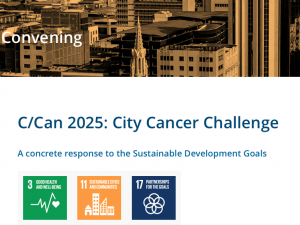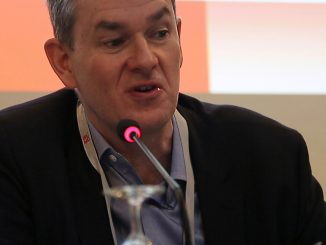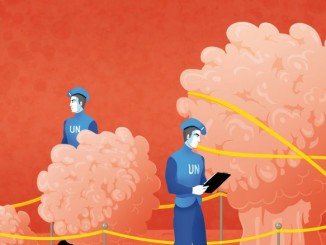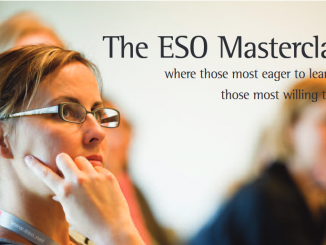In many books used for teaching the alphabet to children, the letter A is associated to an apple: the association may seem obvious, but usually it is not so for an African child: in Africa A is not for apple, but more likely for ant or avocado… The same is true in the “cancer world” where an action plan proven to be effective (and maybe even cost-effective) in one country could be just turn out to be useless in another one.
On October 20th, the afternoon session of the ESO World Oncology Forum in Lugano (Switzerland) focused on how to measure the progress in global fight against cancer, starting with an overview of the state of the art in different areas of the world, especially in intermediate and low-income countries.
Jordanian princess Dina Mired showed to the experts a picture of the Middle East Region, including 23 countries extremely different form each other. In this area the incidence of cancer is still low compared with the one observed in the high-income countries, but a big rise is expected due to lifestyle changes, disparities in accessing health system and late diagnosis. On the other side of the world, in Mexico, people are still fighting “old” oncological issues like cervical and gastrointestinal cancer, while more “modern” ones like breast, prostate and colorectal cancers are growing fast.
 There’s China with a lot of initiative ongoing in monitoring cancer on a popolation of more than a billion of people. And Africa where a lot of languages do not even include the word “cancer” despite one cancer in three is estimated by year 2100 to be “African”. How could the scientific and political communities deal with this extremely fragmented scenario? Acting together respecting the specificity of each country (and possibly of each patient) should be the answer. This answer shoud then be translated in action plans looking at the future with eyes and minds open on the past. «Cancer is not just a non communicable disease, is much more than that and a problem to be address with a strong collaboration among all the actors playing this hard game» experts agreed. Politicians, decision makers and stakeholders both from the private and the public sector must work together trying to find the right solutions. The starting point can be a city – like in the City cancer challenge initiative from the Union for International Cancer Control (UICC) – and the final goal should include a debunking of the false dicotomies in global health: knowlwdge vs action, diagnosis vs treatment, primary vs specialized care, and so on.
There’s China with a lot of initiative ongoing in monitoring cancer on a popolation of more than a billion of people. And Africa where a lot of languages do not even include the word “cancer” despite one cancer in three is estimated by year 2100 to be “African”. How could the scientific and political communities deal with this extremely fragmented scenario? Acting together respecting the specificity of each country (and possibly of each patient) should be the answer. This answer shoud then be translated in action plans looking at the future with eyes and minds open on the past. «Cancer is not just a non communicable disease, is much more than that and a problem to be address with a strong collaboration among all the actors playing this hard game» experts agreed. Politicians, decision makers and stakeholders both from the private and the public sector must work together trying to find the right solutions. The starting point can be a city – like in the City cancer challenge initiative from the Union for International Cancer Control (UICC) – and the final goal should include a debunking of the false dicotomies in global health: knowlwdge vs action, diagnosis vs treatment, primary vs specialized care, and so on.
The take home message from the meeting is that to be really successfull, new strategies against cancer should focus on equity and tailored actions: no one can be left behind and each single patient must be treated according to their real needs.





